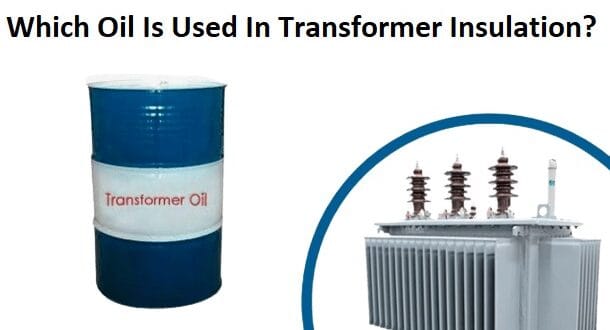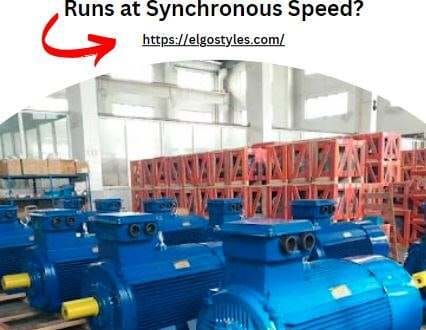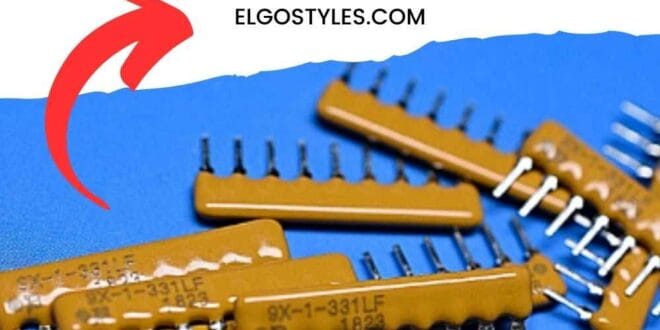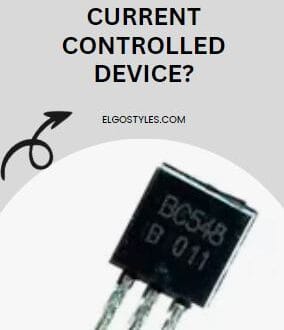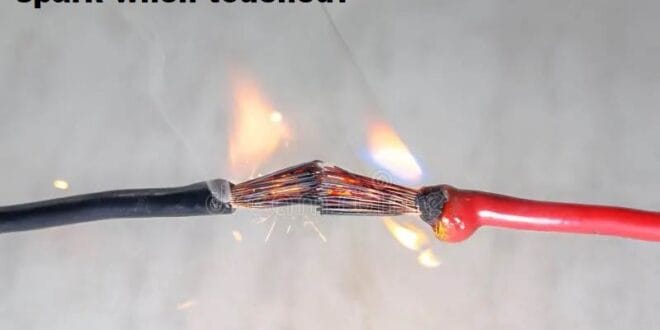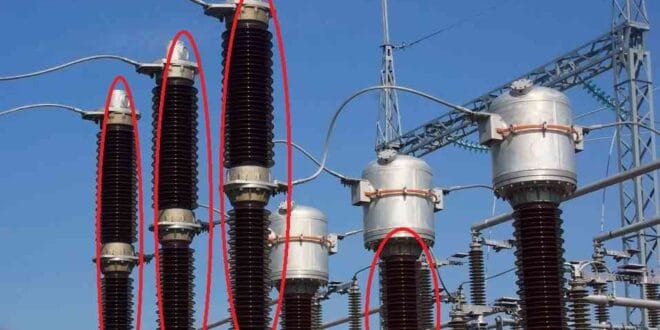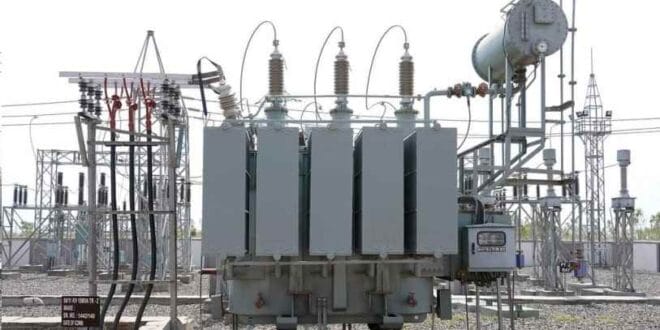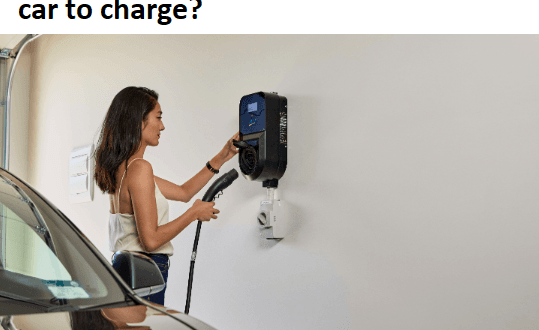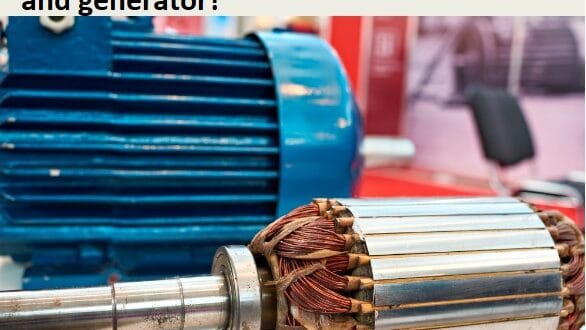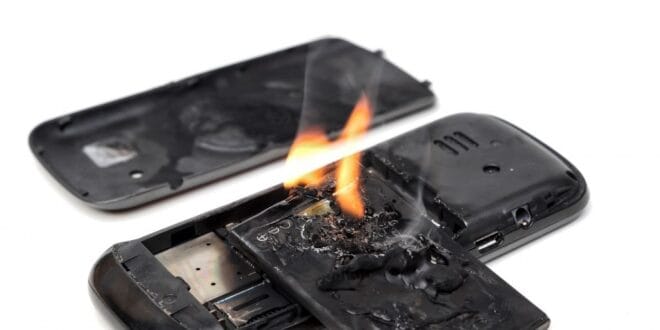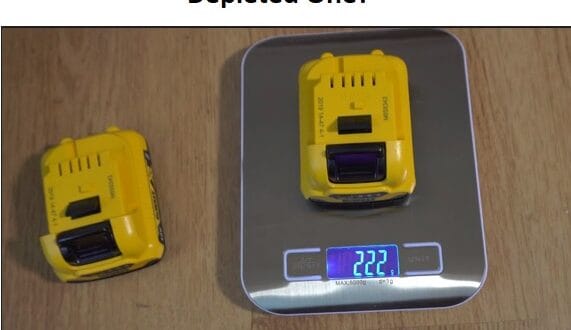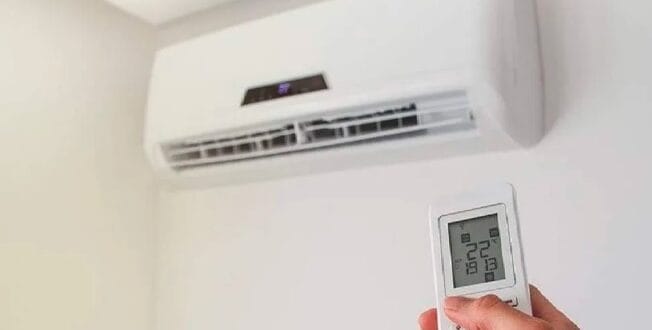February 23, 2024
Electrical
Answer: Mineral oil is commonly used in transformer insulation. Reasoning: Mineral oil is the preferred choice for transformer insulation due to its excellent dielectric properties and thermal stability. Dielectric properties refer to the ability of a material to insulate and withstand high voltages without conducting electricity. Mineral oil has a …
Read More »
February 23, 2024
Electrical
Answer: The earth pin is thicker and longer than the live and neutral pins in electrical plugs for safety reasons. The primary purpose of the earth pin is to provide a reliable path for electrical fault currents to be safely directed to the ground. The larger size of the earth …
Read More »
February 22, 2024
Electronics
Answer: When an induction motor operates at synchronous speed, it ceases to induce rotor currents, leading to loss of torque and failure to start. Reasoning: Induction motors rely on the relative motion between the rotating magnetic field and the rotor to induce currents and generate torque. At synchronous speed, this …
Read More »
February 22, 2024
Electrical
Answer: Solar energy is transformed into electrical energy through the use of photovoltaic cells. These cells, commonly known as solar panels, convert sunlight into electricity using the photovoltaic effect. Reasoning: Photovoltaic Cells: Solar panels consist of photovoltaic cells made of semiconductor materials, typically silicon. Photovoltaic Effect: When sunlight strikes the …
Read More »
February 22, 2024
Electronics
Answer: SIP Resistor Arrays, or Single Inline Package Resistor Arrays, are integrated circuits comprising multiple resistors enclosed in a single compact package. Designed for efficiency, they simplify circuit design and enhance space utilization. Reasoning: Compact Integration: SIP Resistor Arrays consolidate multiple resistors into a single package, optimizing space on electronic …
Read More »
February 22, 2024
Electronics
Answer: BJT, or Bipolar Junction Transistor, is referred to as a current-controlled device because its operation is predominantly influenced by the flow of current through its base terminal. The current in the base region controls the amount of current flowing between the collector and emitter terminals. Reasoning: Base Current Controls …
Read More »
February 21, 2024
Electrical
Answers: Birds don’t get shocked on power lines because they do not provide a path to ground for the electrical current. The electricity flows through the wire, and as birds are not in contact with the ground or another conductor, they do not complete a circuit and, therefore, do not …
Read More »
February 21, 2024
Electronics
Answer: The sparking that occurs when positive and negative wires are touched is primarily due to the flow of electrical current between them. When the two wires come into contact, electrons move from the negatively charged wire to the positively charged wire, creating a spark in the process. Reasoning: Electron …
Read More »
February 21, 2024
Electrical
Answer: A busbar in an electrical switchyard is a metallic strip or bar that serves as a common conductor for distributing electric power to various components such as transformers, circuit breakers, and other switchgear devices within a power distribution system. It acts as a central point for connecting and distributing …
Read More »
February 21, 2024
Electrical
Answer: When the earth wire touches the phase wire, it creates a short circuit, resulting in a flow of excess current that can potentially damage electrical appliances, cause fires, or even lead to electric shocks and fatalities. Reasoning: When the earth wire, also known as the ground wire, connects with …
Read More »
February 20, 2024
Electrical
Answer: Stones or gravel are used in electrical switchyards primarily for their insulating properties and their ability to provide a stable, level surface for equipment and personnel. Reasoning: The complete reasoning behind this practice is multifaceted: Insulation: Stones/gravel act as a non-conductive layer between the ground and the electrical equipment, …
Read More »
February 20, 2024
Electrical
How long does it take for an electric car to charge? Answer The charging time for an electric car varies widely depending on factors like the car’s battery capacity, the charging station’s power output, and the state of charge. Reasoning The time it takes to charge an electric car is …
Read More »
February 20, 2024
Electrical
Answer: Copper wire is commonly used in the winding of motors and generators due to its excellent electrical conductivity, thermal properties, and mechanical strength. Reasoning: Copper is a preferred choice for winding motors and generators due to its high electrical conductivity, which minimizes energy loss as current flows through the …
Read More »
February 20, 2024
Electronics
Answer: Overcharging a phone battery can lead to overheating, swelling, reduced battery lifespan, and in extreme cases, a risk of fire or explosion. Reasoning: Phone batteries are designed to be charged within a certain voltage and current range. Overcharging occurs when a battery continues to receive a charge beyond its …
Read More »
February 20, 2024
Electrical
Answer: No, a charged battery is not heavier than a depleted one. The mass of a battery is determined by its chemical composition, and charging or discharging a battery involves a transfer of electrons, which does not change its overall mass. Reasoning When a battery is charged, electrons move from …
Read More »
February 20, 2024
Electrical
Answer: The power consumption of a 2.5 ton split AC typically ranges from 1,800 to 2,500 watts (1.8 to 2.5 kilowatts) per hour of operation, depending on factors like the AC’s efficiency, brand, and usage conditions. Reasoning: The power consumption of a split AC unit is influenced by several factors: …
Read More »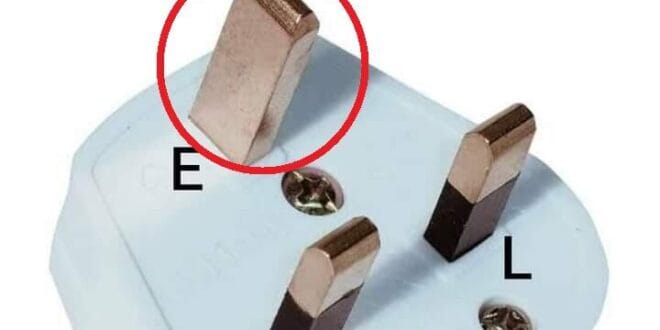
 Electrical Engineering World Wiring a Brighter Tomorrow!
Electrical Engineering World Wiring a Brighter Tomorrow!
